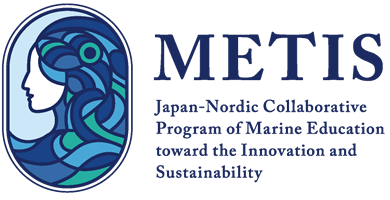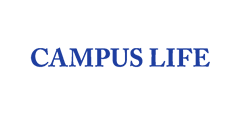MS Biochemistry, University of Stavanger, Norway B.J.
I am currently pursuing an MS in Biochemistry at the University of Stavanger, Norway. I had the privilege of participating in the ALC 2025 course-a unique academic experience that significantly shaped my perspective on marine science and sustainability.
When I applied to the ALC 2025 program, I was driven by curiosity. As a Biochemistry student, I wanted to better understand global challenges in aquaculture and marine science and more importantly, how I could contribute to solving them. My main goal was to deepen my understanding of sustainability in ocean environments and explore how scientific, technological, and regulatory approaches intersect to tackle real-world issues.
What I found through ALC 2025 was more than just answers-it was a source of inspiration, direction, and possibility. The diversity of topics and international expertise made the course truly unique. We covered everything from ocean biofarming and marine food quality to autonomous maritime systems and sustainable aquaculture. Each session brought fresh insights, thanks to contributions from students and experts across various universities.
One standout lecture for me was by Prof. Barry Costa-Pierce on sustainable aquaculture and the FAO ecosystem approach. It was eye-opening to see how ecological aquaculture is connected to global food systems, and how biochemistry can directly contribute to fish health, nutrient cycling, and environmental quality. It offered inspiration, direction, and a renewed sense of purpose.
ALC wasn't just about lectures-it was about engaging, hands-on learning. We participated in quizzes, group discussions, elevator pitches, and collaborative idea-sharing with peers from diverse backgrounds. This experience helped me grow beyond the boundaries of a traditional classroom. I became more confident in expressing ideas, collaborating across disciplines, and thinking practically.
Throughout the course, we addressed real-world challenges--like improving fish feed sustainability, enhancing water quality, and preserving marine food with minimal environmental impact. I began to see how scientific research translates into tangible solutions-not just for academia, but also for industry and communities.
Now, I feel more prepared and motivated to pursue opportunities in aquaculture, where I can apply biochemical tools to improve fish health, monitor environmental changes, and enhance food quality. I'm also excited by the potential of integrating AI and biochemistry in research and industry to create lasting impact.
ALC 2025 didn't just expand my knowledge-it gave me clarity, purpose, and the drive to contribute to a more sustainable, innovative future.












